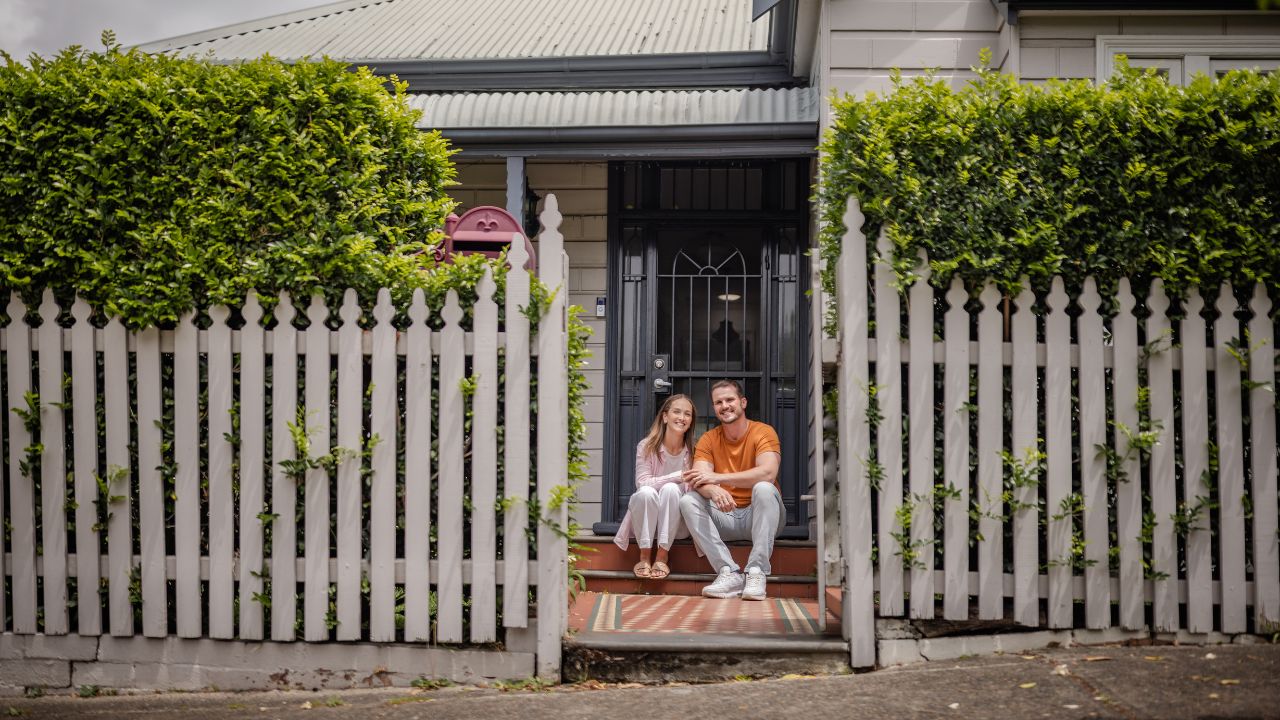According to the latest findings, 25% of households intend to invest in real estate over the next 12 months – more than any other asset class. In contrast, 59% of households report no plans to invest in any area, reflecting cautious financial sentiment amid ongoing cost-of-living pressures.
“Australians have always had a deep affinity for property — it’s seen as both a financial asset and a symbol of security,” said Michael Johnson, Director at Agile Market Intelligence.
“Even when broader investment appetite is low, real estate remains the one constant in the national mindset.”
While real estate leads the field, financial assets such as shares, ETFs and bonds attract interest from just 17% of households, with less than 5% planning to invest in self-managed super funds (SMSFs), business ownership, or other categories.
The data shows little change in sentiment since March, with most households continuing to prioritise financial stability over portfolio growth.
“With household budgets under pressure from rising living costs, it’s no surprise many Australians are pausing investment plans,” Mr Johnson said.
This pullback is particularly evident among older Australians: 79% of respondents aged 55 and over say they don’t plan to invest at all, and just 10% intend to invest in property.
Younger Australians and men driving activity
In contrast, younger Australians are leading the charge. Among those aged 18–34, 40% say they plan to invest in property — the highest of any age group.
They’re also more active in financial markets, with 24% indicating interest in equities or managed funds.
A gender divide is also evident. 28% of men plan to invest in property, compared to 23% of women
Meanwhile, 66% of women say they don’t plan to invest in any asset class, versus 51% of men.
“We’re seeing a clear divide,” said Mr Johnson.
“Younger Australians and men are driving most of the activity. But the high share of women and older Australians not investing signals a need for more inclusive financial engagement.”

